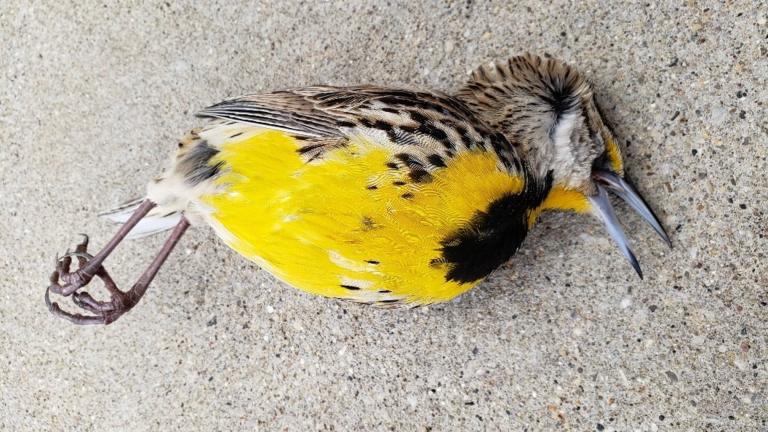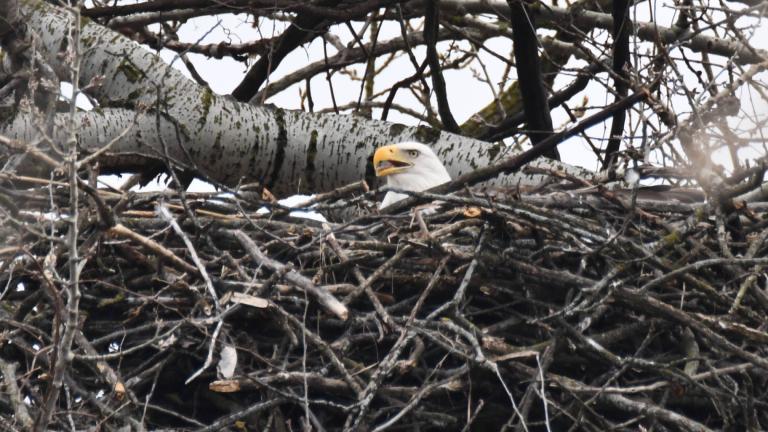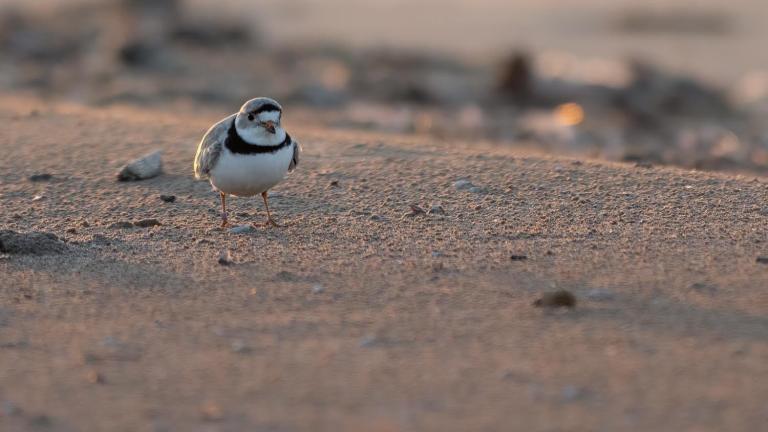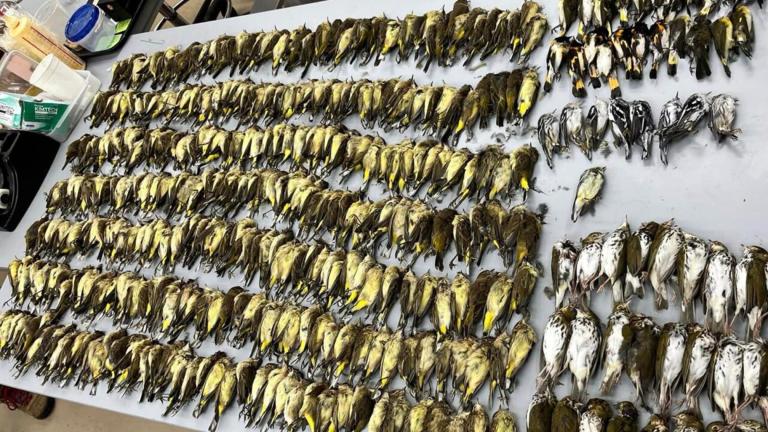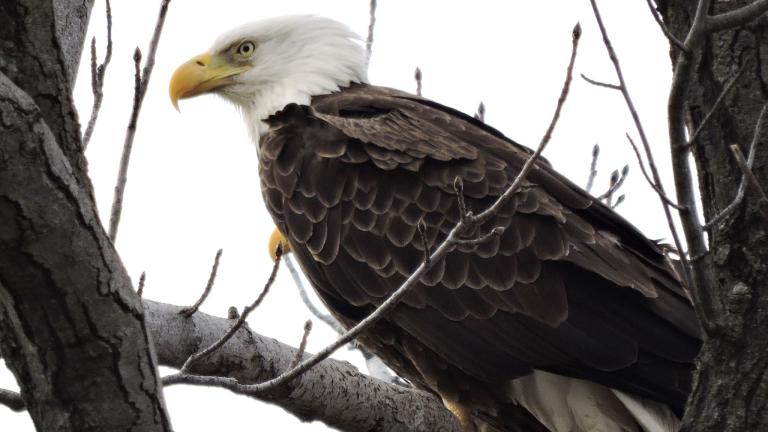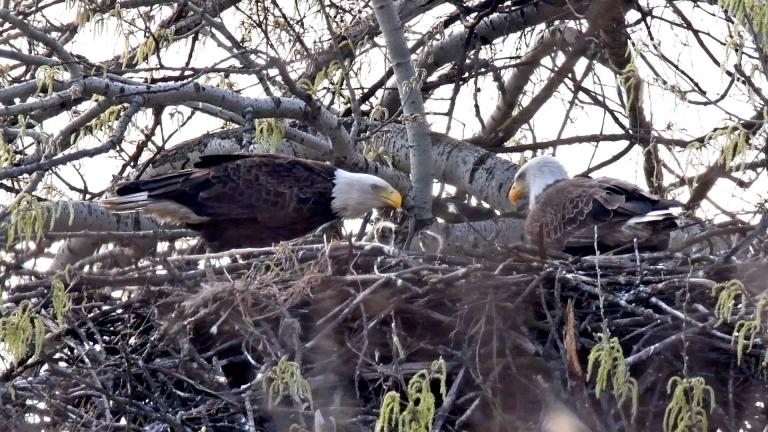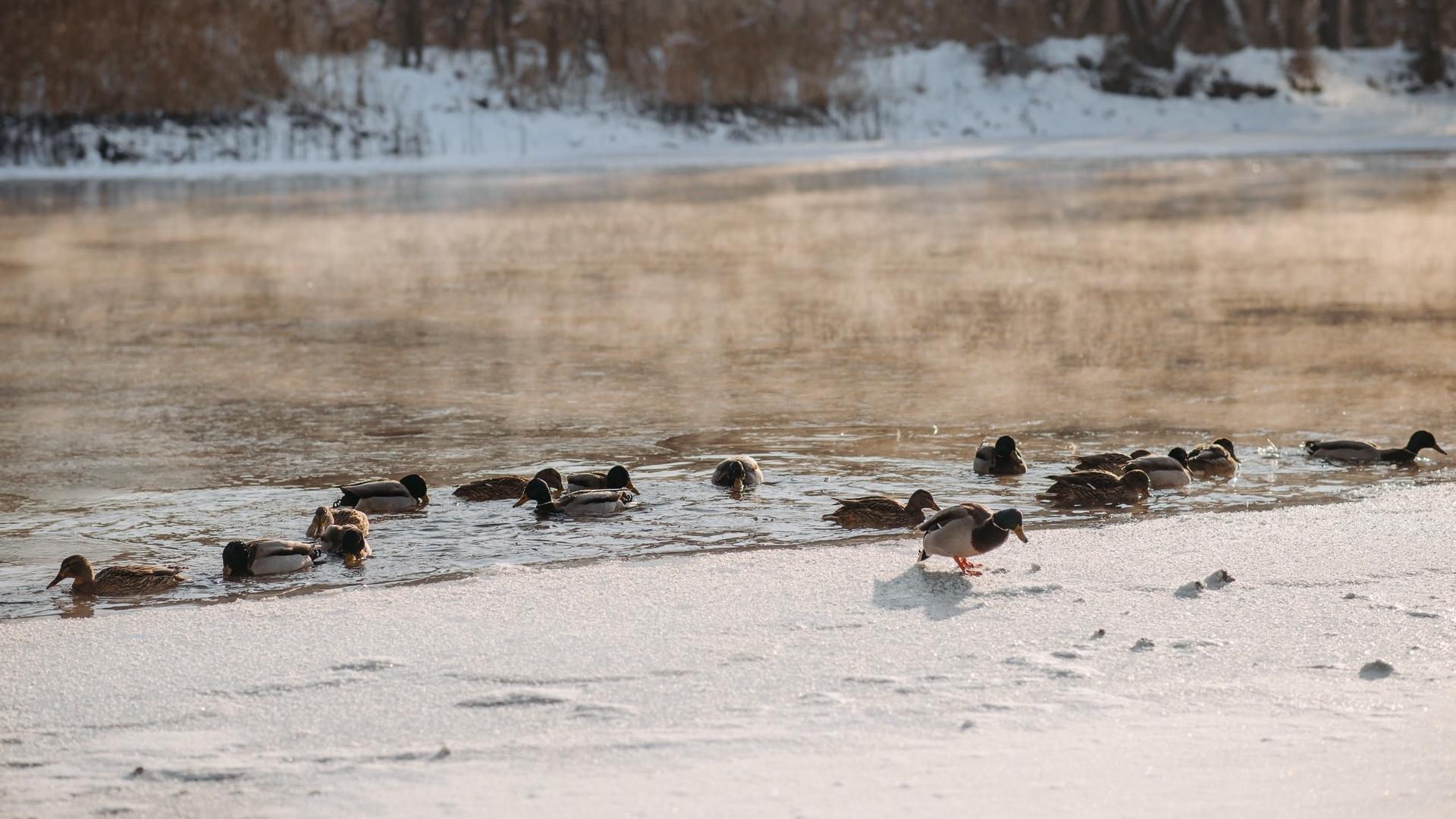 Birds that spend the winter in Chicago can handle the weather, experts say. (Pavel Danilyuk / Pexels)
Birds that spend the winter in Chicago can handle the weather, experts say. (Pavel Danilyuk / Pexels)
After a mild start, winter has been hammering Chicago in recent weeks, with near daily snowfall and bitter cold temperatures. That has some folks worried about wildlife, specifically birds, and their ability to cope with the harsh weather.
Fear not, birds are well prepared for Chicago’s climate, said Stephanie Beilke, conservation science manager at Audubon Great Lakes.
“There’s a lot of misperceptions about how birds need our help,” Beilke said.
Truth is, they don’t.
Species that have made Chicago their year-round home are here precisely because they can handle the temperatures and have identified an ample food supply, be it winter, spring, summer or fall.
And if that were to change, they’d move before they’d starve, Beilke said.
“They can fly. If they are lacking (resources), they can just fly,” she said, adding that she often sees flocks of geese aloft for just that reason.
Water fowl, in fact, think Chicago’s winter is comparatively great. Plenty of the ducks and geese people see this time of year are actually migratory, having traveled from further north, where it’s even colder and snowier. (Chicago’s water fowl population is a mix of snow birds and full-time residents, Beilke said.)
They come clothed in their own down jacket, so the temperature isn’t a problem, and as long as there’s open water that hasn’t iced over solid, they’re fine on food, said Beilke.
Even when the ground is blanketed in snow, covering up geese’s preferred meal of grass, there’s still plenty for the herbivores to eat in the form of aquatic vegetation (i.e., water plants).
Mallards are more “opportunistic,” with a varied diet that consists of anything small enough to fit in their beak, said Beilke, or sometimes even larger. She recently spotted ducks dining out on a frog, a sight that she said was “pretty incredible.”
For the birds. Not so much the frog, Beilke clarified.
Songbirds that overwinter in Chicago, including species such as chickadees and nuthatches, can work their way into tree bark and chow on the hordes of hibernating insects they uncover. Same goes for woodpeckers.
“It’s amazing how well adapted they are,” said Beilke.
Though our well-acclimated feathered friends may not need handouts from humans to get through the winter, the presence of so many bird feeders in the area has had the effect of convincing some birds to stick around when they might otherwise fly the coop.
Beilke said there’s been a noticeable increase in birds of certain species, such as cardinals, overwintering in Chicago, an area normally out of their comfort zone.
“One reason for that is bird feeders,” she said. “It’s a tricky question: Do we need to feed birds? No. But it’s a great way to interact with nature.”
One practice Beilke said should be discouraged is feeding bread to birds. Bread has been linked to a condition, mostly found in ducks and geese, called “angel wing,” in which wings grow abnormally to the point a bird may not be able to fly.
Hand-feeding is another no-no. “That gets birds used to the presence of people. It decreases their natural fear response and could make them more prone to predators,” Beilke said.
Though she understands people’s desire to help the creatures, birds are quite resilient, Beilke said.
When they get thrown a curve, they adjust. “They figure it out,” she said.
Contact Patty Wetli: @pattywetli | (773) 509-5623 | [email protected]

